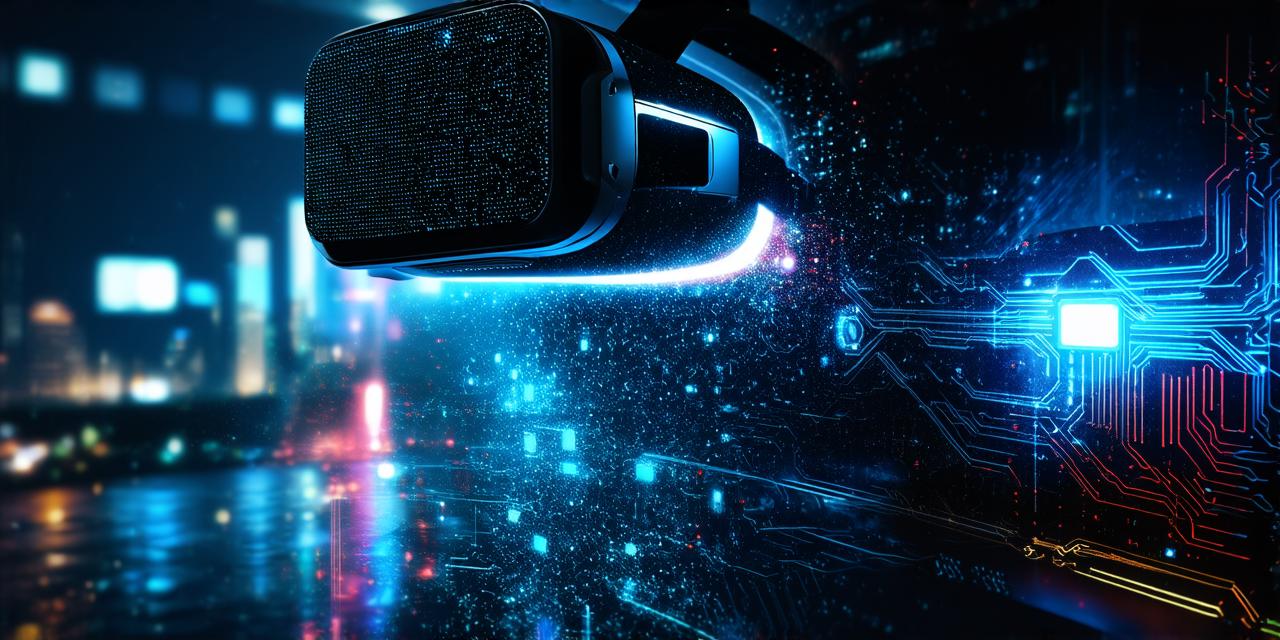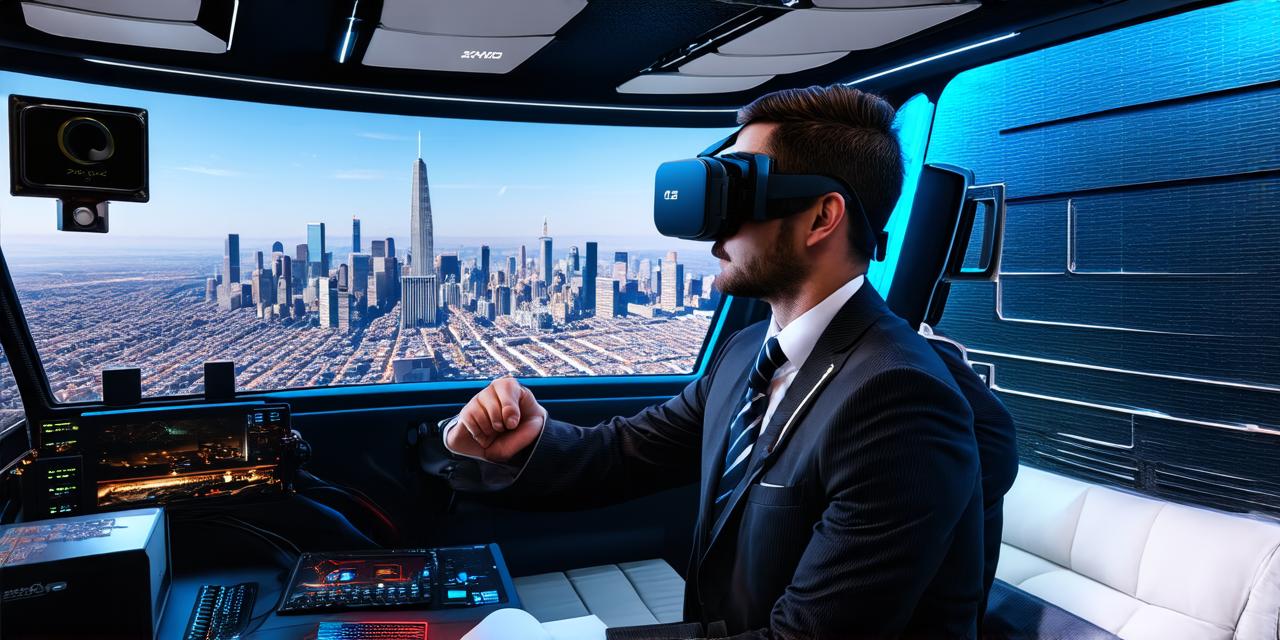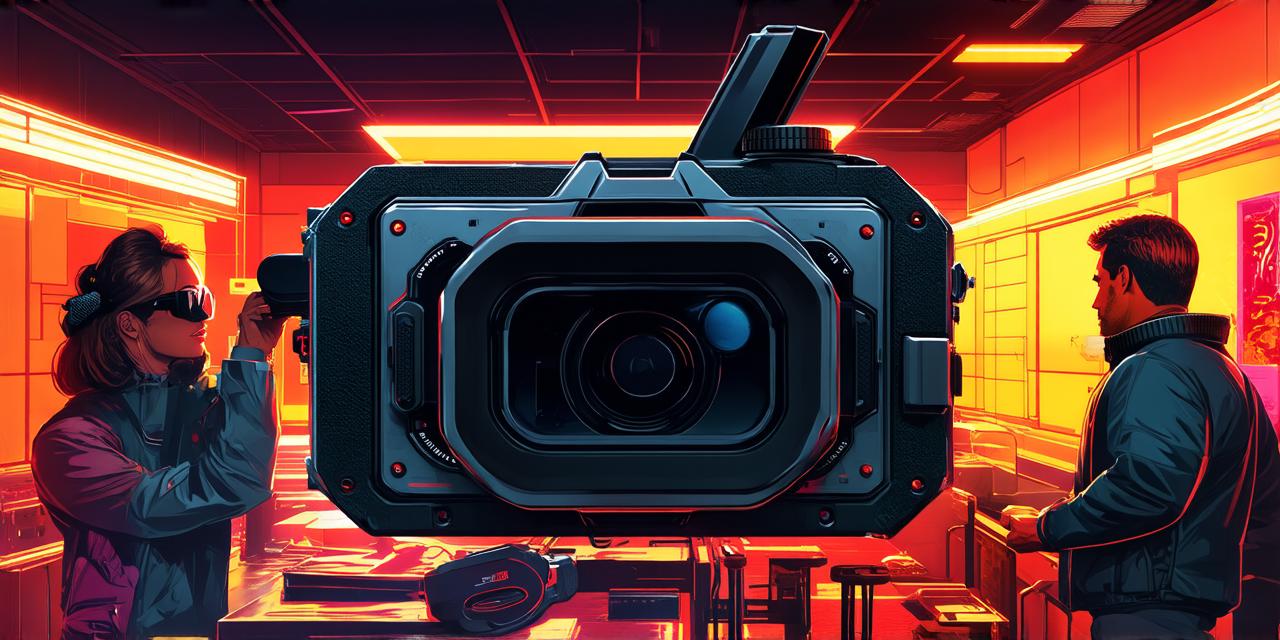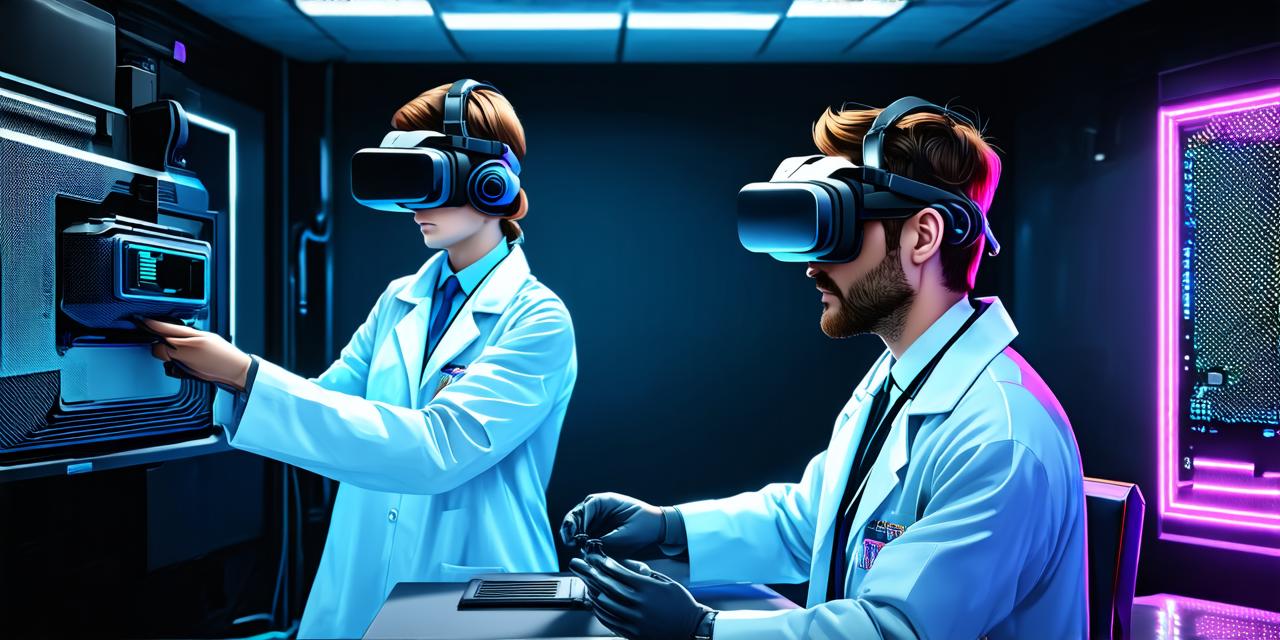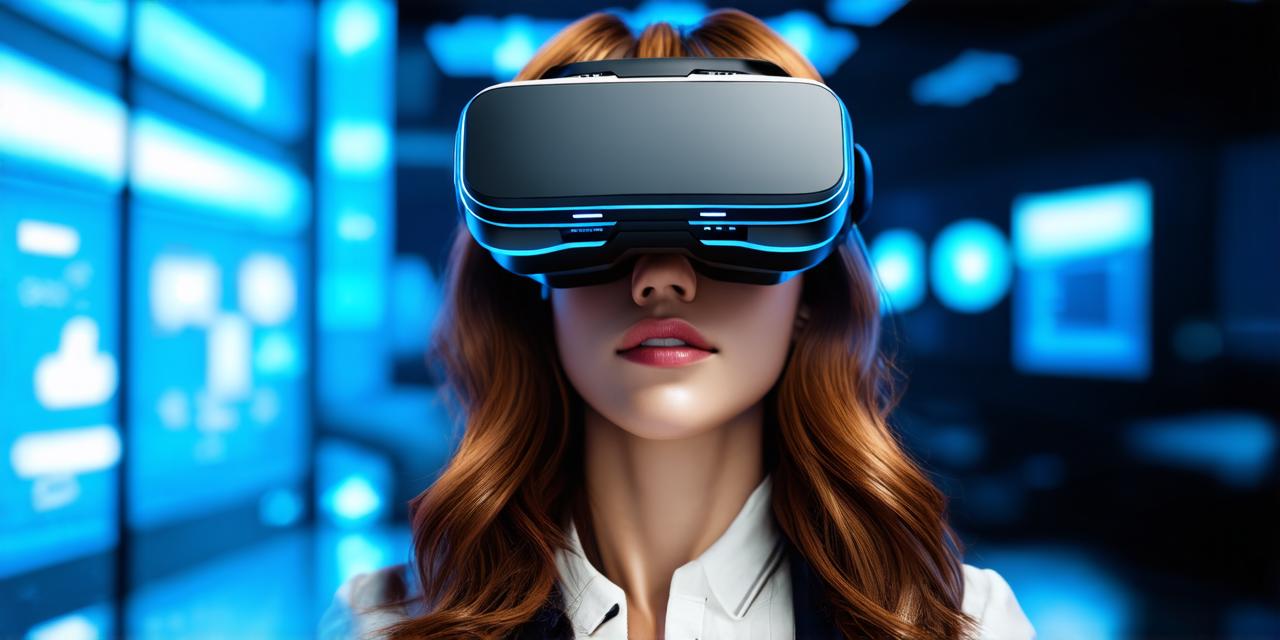Virtual reality (VR) is a rapidly evolving technology that has already changed the way we experience the world around us. From gaming to healthcare, VR has shown promise in a variety of fields.
In this article, we will explore some of the predicted changes in virtual reality and discuss their potential impact on society.
One of the key predictions for VR is its continued integration into daily life. As technology improves, VR experiences are becoming more immersive and realistic, making them increasingly appealing to users.
For example, imagine being able to take a virtual vacation to a far-off destination without ever leaving your living room. Or consider using VR in the workplace to train employees for high-risk tasks, such as operating heavy machinery or performing surgery.
Another area where VR is expected to make a significant impact is in healthcare. VR technology can be used to create realistic simulations of surgical procedures, allowing doctors and medical students to practice their skills in a safe environment.
Additionally, VR has been shown to be effective in treating phobias and post-traumatic stress disorder (PTSD), as it can provide patients with a controlled environment to confront their fears.
Virtual reality is also expected to continue to revolutionize the gaming industry. With advances in technology, VR games are becoming more immersive and realistic than ever before. This has led to a rise in VR gaming enthusiasts who are looking for more challenging and engaging experiences.
However, there are also concerns that VR gaming could be addictive and lead to negative health consequences.
Despite these predictions, there are still many challenges facing VR technology. One of the biggest hurdles is the cost of equipment. Currently, VR headsets and other necessary gear can be quite expensive, which limits their accessibility to a wide audience.
Additionally, motion sickness remains a common issue for some users, which can make VR experiences less enjoyable.
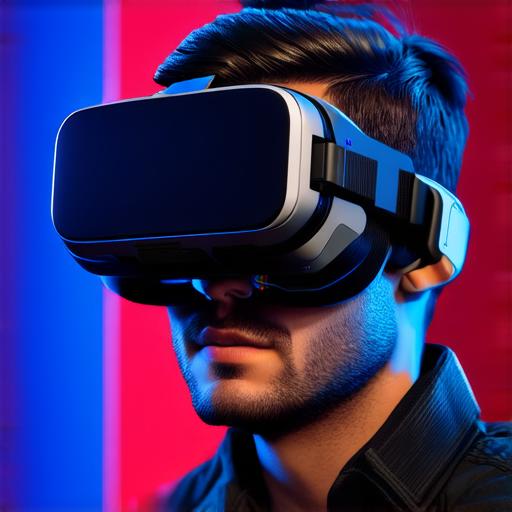
Despite these challenges, experts in the field believe that VR technology will continue to evolve and become more accessible in the future. As research continues, we can expect to see new innovations in VR hardware and software that will make it easier for people to experience virtual reality.
Additionally, as more industries explore the potential of VR, we can expect to see even more creative and innovative uses of the technology.
In conclusion, the future of virtual reality is bright. While there are still many challenges facing this rapidly evolving technology, experts believe that it will continue to change the way we experience the world around us. Whether in gaming, healthcare, or other fields, VR has shown promise in a variety of areas and will undoubtedly have a significant impact on society in the years to come.
What are some potential benefits of virtual reality in healthcare?
VR technology can be used to create realistic simulations of surgical procedures, allowing doctors and medical students to practice their skills in a safe environment. Additionally, VR has been shown to be effective in treating phobias and post-traumatic stress disorder (PTSD), as it can provide patients with a controlled environment to confront their fears.
What are some potential challenges facing virtual reality technology?
One of the biggest hurdles is the cost of equipment. Currently, VR headsets and other necessary gear can be quite expensive, which limits their accessibility to a wide audience. Additionally, motion sickness remains a common issue for some users, which can make VR experiences less enjoyable.
What industries are exploring the potential of virtual reality?
Virtual reality is being explored in a variety of fields, including gaming, healthcare, education, and more. In particular, there has been a lot of interest in using VR technology to train employees for high-risk tasks, such as operating heavy machinery or performing surgery.
